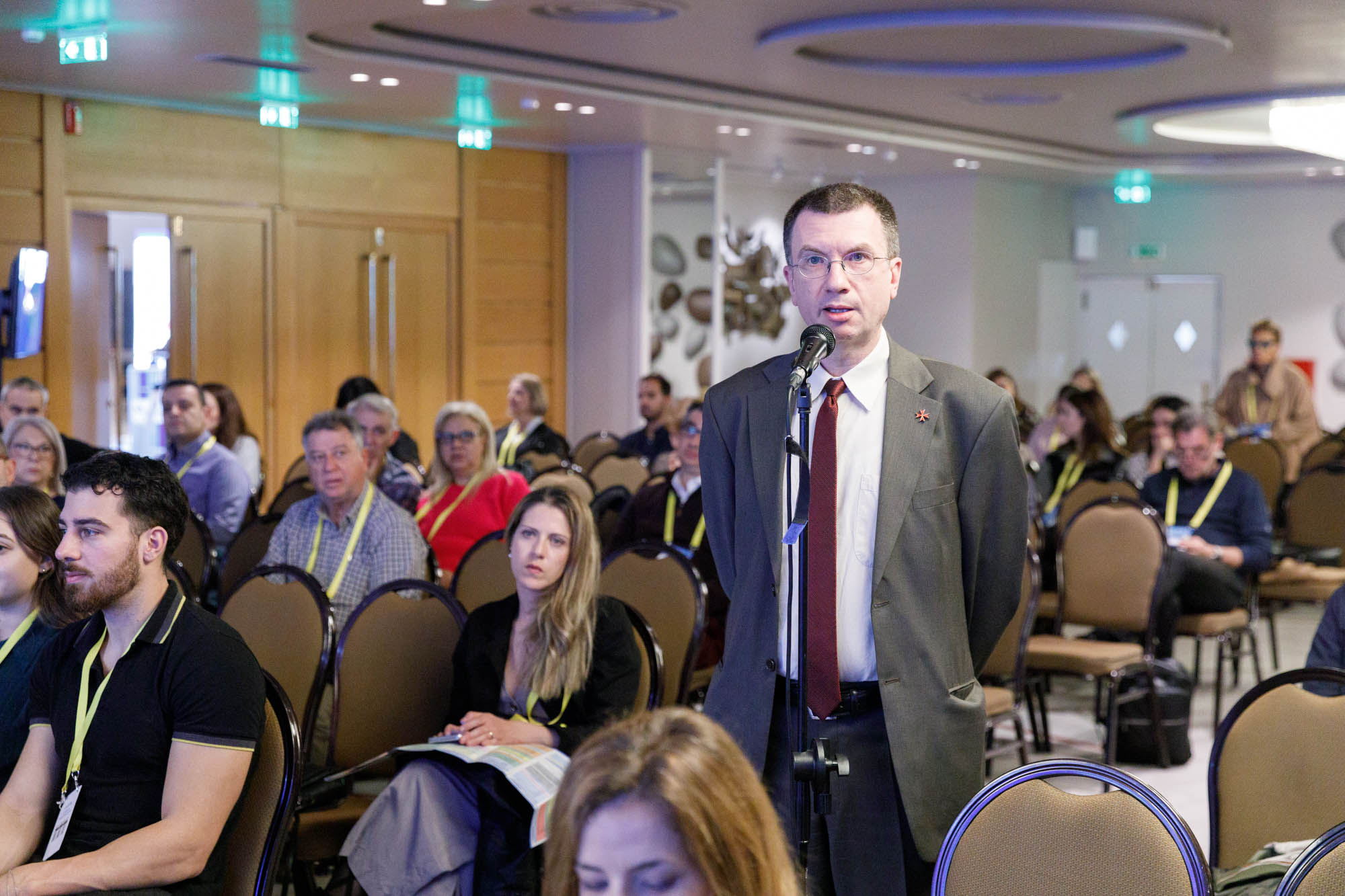Recovering after an EGD: What’s normal and what’s not
Esophagogastroduodenoscopy (EGD), also known as an upper endoscopy, is a minimally invasive procedure used to examine the esophagus, stomach, and the first part of the small intestine. While it is generally safe and well-tolerated, understanding what to expect during recovery can help alleviate concerns and ensure a smooth healing process.
What is normal after an EGD?
After an EGD, certain mild symptoms are expected and should resolve within a few hours to a couple of days. These include:
- Mild throat discomfort – A scratchy or sore throat is common due to the insertion of the endoscope. This should subside within 24–48 hours.
- Bloating and belching – Air is introduced into the digestive tract during the procedure, which can cause temporary bloating and mild discomfort.
- Mild nausea – Some patients may experience nausea, especially if sedation was used, but this typically improves within a few hours.
- Fatigue – The sedatives administered can cause drowsiness for several hours after the procedure. Rest is recommended for the remainder of the day.
- Minor abdominal discomfort – A mild cramping sensation may be present due to air inflation during the procedure.
- Temporary hoarseness – Due to throat irritation, some individuals may experience hoarseness, which resolves quickly.
What is not normal after an EGD?
While complications are rare, certain symptoms require immediate medical attention. These include:
- Severe or persistent abdominal pain – Intense or worsening pain could indicate perforation, bleeding, or another complication.
- Vomiting blood or passing black stools – This may signal gastrointestinal bleeding and should be addressed immediately.
- Difficulty breathing or swallowing – Severe throat swelling or an allergic reaction to sedation could cause airway obstruction.
- High fever (Above 38°C/100.4°F) – While a mild fever can occur briefly, a persistent or high fever may indicate an infection.
- Chest pain – Any chest discomfort should be taken seriously as it may indicate an issue with the esophagus or heart.
- Severe or persistent dizziness – While some lightheadedness is normal due to sedation, prolonged or worsening dizziness could indicate low blood pressure or another concern.
Post-procedure care tips
To ensure a smooth recovery, patients should follow these guidelines:
- Rest and hydration: Allow the body time to recover from sedation and drink plenty of fluids.
- Dietary modifications: Start with soft foods and avoid spicy, acidic, or hard-to-digest foods for the first 24 hours.
- Avoid alcohol and tobacco: These can irritate the digestive tract and delay healing.
- Monitor for symptoms: Be vigilant about any unusual symptoms and seek medical advice if necessary.
- Follow medication instructions: If biopsies were taken or any findings require treatment, follow the prescribed medication regimen strictly.
When to contact a Gastroenterologist
If any concerning symptoms arise after an EGD, it is essential to seek medical attention. For personalized advice or further evaluation, patients are encouraged to contact Dr. Christos Zavos, a board-certified gastroenterologist and hepatologist based in Thessaloniki, Greece. Patients can reach out by sending a message via the Contact Form at peptiko.gr, calling (+30)-6976596988 or (+30)-2311283833, or sending an email to czavos@ymail.com.
Conclusion
Recovery from an EGD is typically quick and uneventful, with most patients resuming normal activities the following day. While mild symptoms are expected, recognizing warning signs of complications is crucial. For any concerns or to schedule an appointment, patients should consult Dr. Christos Zavos for expert gastroenterological care.

